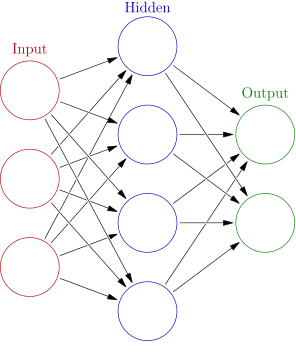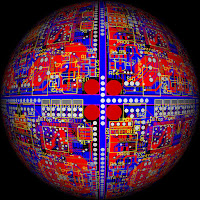If Google becomes our digital assistant, regulating it becomes necessary.
 The dominant company in search is further developing it's product it's famous for. In the beginning it was the possibility to search with keywords on the web. You would get the "best" results based on algorithms such as Pagerank among others. Also we would receive some advertising/commercial links with our query. But time has passed and what started as something relatively simple may be evolving into something we could call a digital assistant with "artificial intelligence". In human terms an entity I can talk with, ask questions in normal language, who knows what I like, who I have met, where I have been etcetera . Google is quite open that this is their goal. People like Kurzweil and others have been hired , companies with AI technology have been acquired to accomplish this. If you observe Google you can see that they are getting there. With Google Now, improvements in Google Translate, added intelligence to Google Hangouts and so on.
The dominant company in search is further developing it's product it's famous for. In the beginning it was the possibility to search with keywords on the web. You would get the "best" results based on algorithms such as Pagerank among others. Also we would receive some advertising/commercial links with our query. But time has passed and what started as something relatively simple may be evolving into something we could call a digital assistant with "artificial intelligence". In human terms an entity I can talk with, ask questions in normal language, who knows what I like, who I have met, where I have been etcetera . Google is quite open that this is their goal. People like Kurzweil and others have been hired , companies with AI technology have been acquired to accomplish this. If you observe Google you can see that they are getting there. With Google Now, improvements in Google Translate, added intelligence to Google Hangouts and so on.With normal search there is already discussion about how Google ranks the results. In the described future scenario objectivity, transparancy and accountability becomes even more complex to realise. Let alone to monitor it as a "user". Google, Apple but also other companies who will offer this kind of functionality will be tempted to nudge us, to steer our behaviour in certain directions. The complexity of artificial intelligence but also the principal "black box" character of technology used, like artificial neural networks , makes it difficult or sometimes impossible to example the inner workings. Therefore oversight , checks and balances are harder to accomplish. They are needed however. Companies are driven by profit not by the common or individual interest of people. In my view there are oversight platforms / frameworks necessary which are non-profit, where people, companies and government participate in, who can make rules and regulations with regard to these digital agents or assistants. Rules about how they should work, procedures for protecting, privacy and how oversight and auditing is possible. Also regulation by government alone is possible. This is however less desirable in my view. Because trust in government is not that high. Also it's something in which people, companies and government should have a common goal. To let this promising technology improve our lives while at the same time guard are principal values.
And can "the market" not take care of this ? Personally I don't think so. This market seems a "winner takes all" environment where maybe 2-3 dominant players will emerge. Not a vibrant market with many players changing position is my guess.
Picture source:
"Colored neural network" by Glosser.ca - Own work, Derivative of File:Artificial neural network.svg. Licensed under CC BY-SA 3.0 via Wikimedia Commons.


Reacties